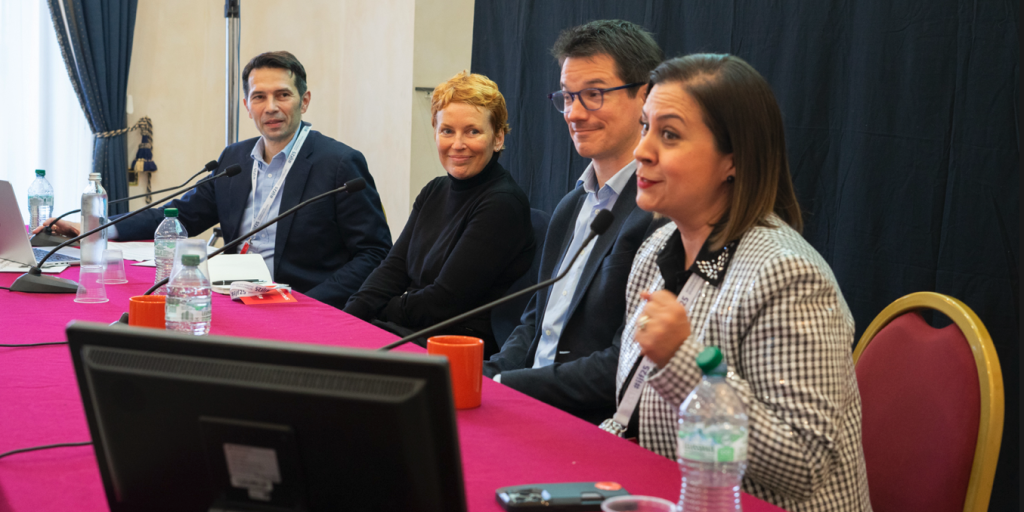‘Balancing Act’: how to counter disinformation while protecting freedom of expression
In June 2020, more than 130 United Nations Member States and official observers called on all countries to take steps to counter the spread of disinformation, especially during the COVID-19 pandemic (UN Africa Renewal, 2020).
They underlined that these responses should be based on:
- Freedom of expression
- Freedom of the press and promotion of highest ethics and standards of the
press - The protection of journalists and other media workers, and promote
- Media and Information Literacy (MIL), and
- public trust in science, facts, independent media, and State and international
institutions
The need for action against disinformation has also been recognised at the International Telecommunications Union (ITU)/UNESCO Broadband Commission for Sustainable Development. The Commission created a Working Group on Freedom of Expression and Addressing Disinformation, that in turn commissioned this comprehensive global study in 2019.
The research underpinning this study was conducted between September 2019 and July 2020 by an international and interdisciplinary team of researchers, and is presented in ‘Balancing Act: Countering Digital Disinformation While Respecting Freedom of Expression’, a Broadband Commission report on freedom of expression and addressing disinformation on the Internet.
Read the whole report here.
The team included: Kalina Bontcheva (University of Sheffield, UK); Julie Posetti (International Center for Journalists in the United States, Centre for Freedom of the Media at the University of Sheffield and the Reuters Institute for the Study of Journalism at the University of Oxford in the UK); Denis Teyssou (Agence France Presse, France); Trisha Meyer (Vrije Universiteit Brussel, Belgium); Sam Gregory WITNESS, United States); Clara Hanot (EU Disinfo Lab, Belgium), and Diana Maynard (University of Sheffield, UK).
‘Balancing Act’ uses the term ‘disinformation’ to describe false or misleading content with potentially harmful consequences, irrespective of the underlying intentions or behaviours in producing and circulating such messages.
The focus is not on definitions, but on how States, companies, institutions and organisations around the world are responding to this phenomenon, broadly conceived.
The work includes a novel typology of 11 responses, making holistic sense of the disinformation crisis on an international scale, including during COVID-19.
It also provides a 23-step tool developed to assess disinformation responses, including their impact on freedom of expression.
The research concludes that disinformation cannot be addressed in the absence of freedom of expression concerns, and it explains why actions to combat disinformation should support, and not violate, this right.
It also underlines that access to reliable and trustworthy information, such as that produced by critical independent journalism, is a counter to disinformation.




